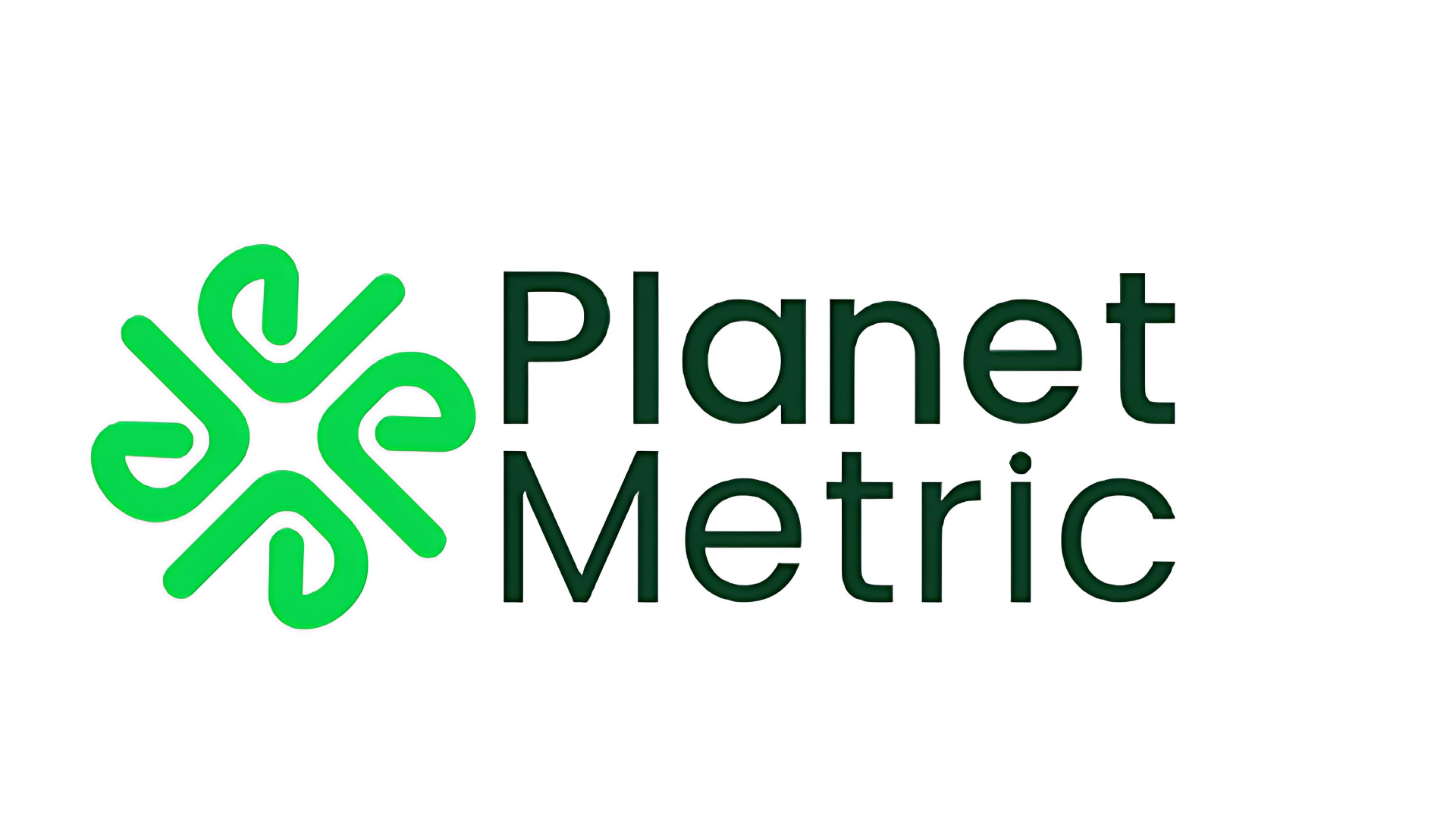ESG stands for Environmental, Social, and Governance three pillars that shape how businesses operate responsibly and sustainably. What was once considered a “nice to have” is now a must-have. Regulators, investors, and even customers expect organizations to be transparent about their environmental impact, their social practices, and the way they are governed. ESG has become the global language of accountability, competitiveness, and long-term resilience.
What ESG Really Means
At its core, ESG is a framework for measuring how well a company performs beyond financial results.
- How does your business affect the environment?
- How does it treat people, from employees to communities?
- How is it governed and held accountable?
Together, these pillars give regulators, investors, and stakeholders a full perspective on sustainability performance. But ESG data is inherently complex, spread across operations, HR, finance, compliance, and supply chains. Managing it manually leads to delays and inconsistencies. This is where Planet Metric plays a critical role: integrating ESG data from across the organization, automating quality checks, and mapping disclosures directly to global and local reporting frameworks.
ESG vs CSR: What’s the Difference?
It’s important to distinguish ESG from corporate social responsibility (CSR). CSR traditionally referred to voluntary initiatives such ascommunity projects, or ethical branding. ESG, on the other hand, is data-driven and measurable. It is built into regulatory requirements and financial decision-making. In other words, CSR is about intention, while ESG is about evidence.
Why ESG Has Become Essential
The importance of ESG has accelerated as regulation, capital markets, and stakeholder expectations converge.
Global frameworks such as the EU’s CSRD and the ISSB Standards require companies to publish detailed ESG reports. Non-compliance now carries both reputational and financial risks. At the same time, investors are shifting capital toward organizations with stronger ESG disclosures, seeing them as lower-risk and better managed. Multiple studies confirm the link between ESG maturity and improved access to financing.
Customers and employees are also raising the bar. Stakeholders now expect businesses to prioritize sustainability. Companies that fail to do so risk losing trust, market share, and talent to those that integrate ESG into their core strategy. At Planet Metric we make this possible by keeping pace with evolving frameworks and ensuring companies can comply, not once a year, but continuously.
ESG as a Driver of Business Value
ESG is often approached as a compliance checkbox, but forward-thinking organizations are proving it can be a source of competitive advantage. By treating ESG data as strategic intelligence, leaders uncover insights that drive efficiency, innovation, and growth.
Energy efficiency programs don’t just reduce emissions, they cut costs. Transparent governance doesn’t only satisfy regulators, it builds investor confidence. Planet Metric enables this shift. Our platform doesn’t just automate reporting; it transforms ESG disclosures into real-time dashboards that help decision-makers identify risks, benchmark performance, and align sustainability with profitability. That’s the real business value of ESG.
ESG is no longer optional. It is the standard by which regulators, investors, and stakeholders judge an organization’s performance. Request a demo today and unlock all the features Planet Metric has to offer. planetmetric.com/request-demo/





